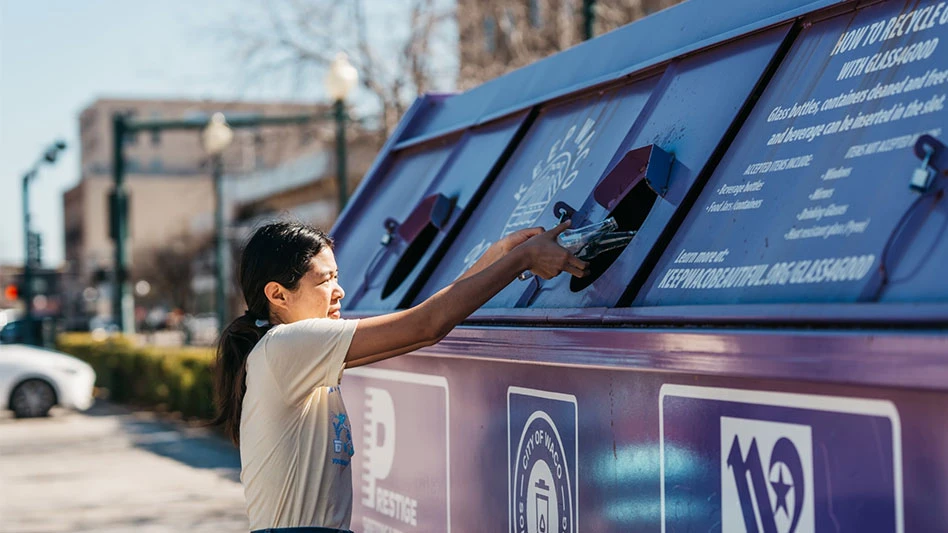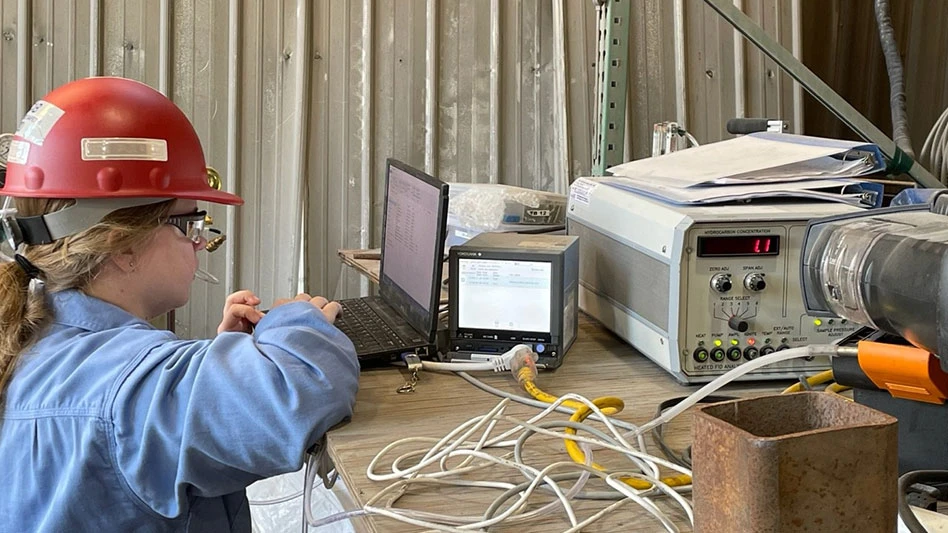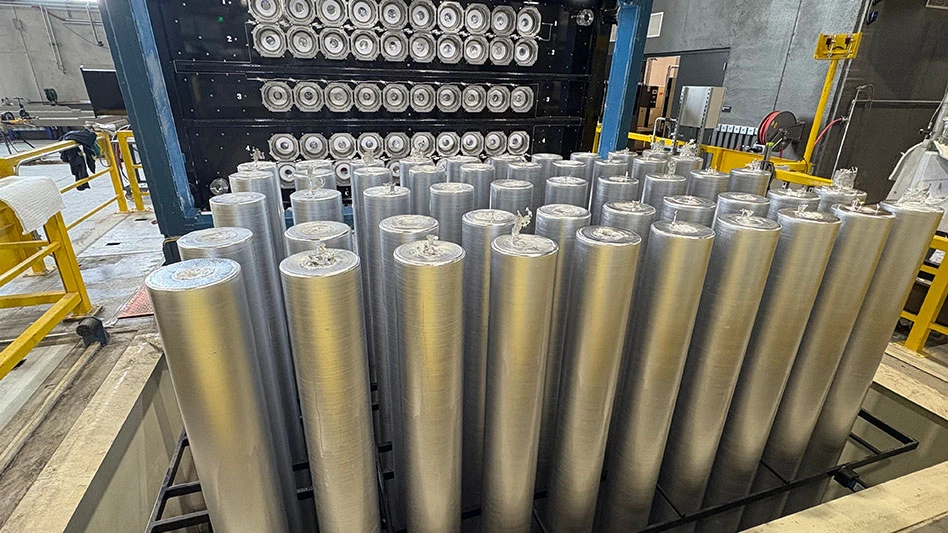AMCS, the Limerick, Ireland-headquartered integrated software and vehicle technology provider for the waste, recycling and resource industries, completed its Digital Transformation Barometer 2018, which serves as a benchmark for the waste and recycling industry. It investigates how organizations in the waste industry use technology to improve the performance of their operations and how they adapt to changes. The benchmark also emphasizes which technologies add value and where the industry can find areas for improvement.
For the Digital Transformation Barometer 2018, AMCS studied which priorities are on the agendas of management in municipalities and private sector waste collectors in Europe and the US. We also wanted to understand the biggest challenges they face in the digital transformation of their operational processes, and whether there were any significant differences in digital maturity within the target group. The respondents included a significant number of organizations with more than 250 employees. More than half of respondents have more than 50 vehicles for waste collection.
The waste management and recycling industry is not very enthusiastic about its progress in adapting to new technologies. According to the study, about 60 percent of waste management and recycling professionals gave themselves a failing grade for the application of new technologies. Also, most companies gave themselves a grade of “unsatisfactory” in these areas. Yet about 64 percent of those surveyed expect an increase in their information technology (IT) budgets, with 20 percent expecting an increase to their IT budgets of more than 5 percent.
According to AMCS’ study, more than 80 percent of participants—regardless of whether they are municipalities or private sector waste management companies—believe that digital innovation is important for their business success. At the top of their priorities list is improving customer satisfaction (73 percent) and increasing productivity (72 percent).
Additionally, more than half of respondents (52 percent) indicated that improving sustainability is a big priority. Yet to achieve this, AMCS reports that the most important issue for management is how to organize the operational process in terms of both harmonization and digitalization. The main barriers include obsolete legacy IT systems, implementing a paperless organization and creating a culture open to change.
“The research shows that there are five elements that are critical to success in transitioning into a digital organization,” says Mark Abbas, chief marketing officer for AMCS. “Besides engaged employees and a management team that gives people the space to innovate, it is very important to have a comprehensive understanding of the digital trends and advancements in the value chain. It is also down to a smart application of new technology within the organization and using (reliable) data to make decisions.”
Key findings
AMCS’ study participants were asked to rate their organization on a variety of statements that measure progress on the five elements of success in digital transformation, and the average score on the 10-point scale was 6.3.
AMCS reports that the following are some findings it determined as a result of the study:
1. Digital transformation requires leadership in change management: The results of the survey show that leaders in the waste management industry clearly understand the importance of ‘soft’ factors, such as leadership and employee engagement, in making the transition.
2. The digital part of digital transformation is the real challenge: Unlike the softer aspects like leadership, it is exactly the 'harder' technical aspects of transforming the organization, as in using Business Intelligence (BI) and data science or applying new technology, that forms the biggest challenge. When it comes to the application of emerging technologies, 60 percent of respondents gave themselves a failing grade. Average scores for business information were slightly better, but nearly half (45 percent) still gave themselves a grade of unsatisfactory.
3. Legacy systems are the biggest barrier to digital transformation: For 54 percent of organizations surveyed, it is the problem of legacy software and systems that creates the greatest barrier to full implementation of the digital transformation.
According to Abbas, the research results provide insights into an interesting group of companies that have taken the lead in digital transformation. “This group approaches digital transformation in a completely different way and has very different priorities from the rest. Their operations are already very nearly paperless, they use digital invoicing systems and they have self-service web portals available for their customers. They are also more likely to already be using other digital techniques and applications, such as RFID, GPS Monitoring, Route Optimization, and in-vehicle tablets.”
According to AMCS, a detailed report of the research findings has been published and is now available for download.
Get curated news on YOUR industry.
Enter your email to receive our newsletters.
Latest from Recycling Today
- Researchers consider recycling lottery outcomes
- Veolia plans large-scale plastics recycling facility in UK
- Ecore acquires New York tire processing firm
- Closed Loop Partners adds private equity managing director
- European Commission drafts new rules for chemically recycled content in plastic bottles
- Redwood Materials launches Redwood Energy
- Cirba Solutions announces new human resources executive
- Cascades to close packaging site in Niagara Falls, New York






